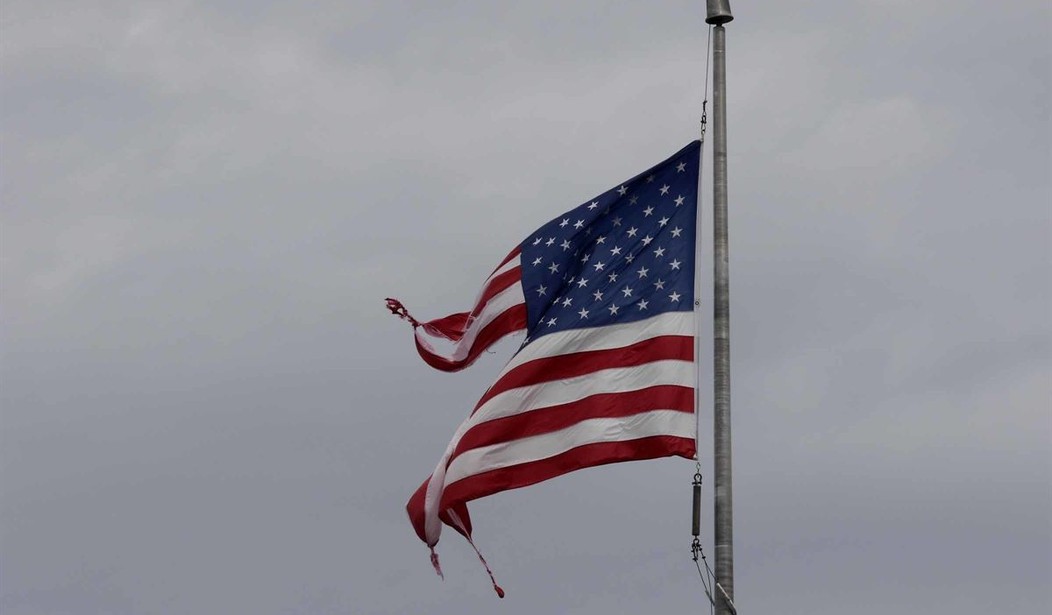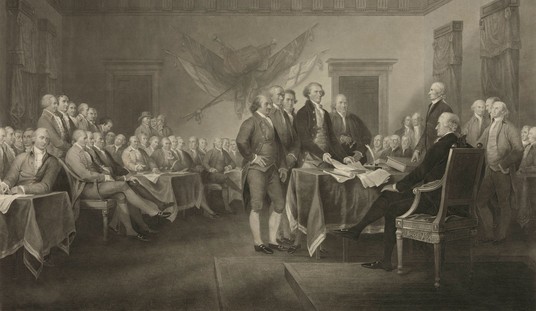Donald Trump is right: for decades the U.S. has been mistreated by a whole host of countries. His predecessors did not act to fix the problem.
Donald Trump has stated many times over the course of his life that the U.S. is getting “ripped off”, “cheated”, or taken advantage of. Are these claims true? And if so, why?
Let’s take a little tour around the globe and see how the U.S. is being treated by friends and foe alike.
*Trade. As President Trump has pointed out, for over 30 years, the U.S. does not enjoy fair trade. Many countries have high barriers to entry for American products, from beef to cars. China joining the World Trade Organization caused a seismic shift in which—if one were to analyze the tens of thousands of products in a typical Walmart Supercenter, maybe half or more (excluding food)—would either be made in China or have a fair percentage of components made in China. The U.S. and China have become like hockey fighters who hold onto each other with one hand and pummel each other with the other. China needs the U.S. market. Years ago, China tried in vain to develop its internal markets as a buffer to downturns in the West. Nothing can replace American buying power. The recent raise to 145 percent tariffs on Chinese goods may be a real game-changer. China may be the worst, but it is not the only country to rig its trade, currency and internal markets to its advantage.
Even Canada and Mexico use tariffs and other barriers to their favor, though NAFTA was sold as a free and fair trade agreement. That these and other countries protect their internal markets is no surprise. The big surprise is that the U.S. under multiple presidents over 40 years has never moved aggressively to also protect its people and industries. It would appear that a certain disdain of the leadership class for the working man may have made the disappearance of factories and the loss of manufacturing jobs uninteresting to the ones who could have protected American workers. One might add that the unions helped get their members such good pay and benefits that moving to much cheaper Mexico and China simply became an economic no-brainer.
Recommended
While trade is the topic of the day, with Trump’s tariff threats and the stock markets trying to become Six Flags over Wall Street, it is not the only area of international interactions where the U.S. has been on the losing end for decades.
*NATO. The biggest fear after World War II was millions of Russian soldiers pouring over the border to take Western Europe. NATO was “to keep the Americans in, the Russians out and the Germans down.” The U.S. shouldered a disproportionate role in the alliance both in terms of manpower and defense spending contributions. The Europeans never spent on defense as required and were more than happy to let the U.S. protect them as they directed their money at social programs or infrastructure. The chutzpah went off scale when Germany signed a large-scale energy agreement with Russia. So here was the U.S. with a large commitment of men and equipment protecting Germany from Russia, while the two of them were making economic deals together. Donald Trump was the first president to publicly demand that European countries spend on defense as required by the treaty; through his efforts, billions of dollars have been added to defense budgets of member states. The Ukraine war and Trump’s cajoling have exposed how completely unprepared European armies are for any serious combat. They always assumed that America would save them.
*Ukraine. After Russia’s invasion, the U.S. began sending billions of dollars in weaponry to the Ukrainians. And while most people in the U.S. would probably agree that helping the Ukrainians fight off the Russians was a good move for the U.S., something strange happened. During recent money transfers, it was reported that large sums of money were being delivered to Kiev for pensions. While the U.S. might wish to send Javelin missiles, why would U.S. taxpayers be on the hook for some foreign pensions? Stories abound of weapons sent by the U.S. being sold on the black market and/or Ukrainians taking advantage of American largesse to get rich. There are claims of kickbacks to politicians, and while the U.S. has sent over $160 billion dollars in aid, Zelensky claims to have received less than $80 billion worth of goods. That should be a troubling claim.
*Other Nations. Through the work of DOGE, we have learned that billions in Medicaid and other funds have been sent to Europe and other points overseas. Nobody seems to know why Medicaid funds would end up there. When USAID was mortally wounded, countries all over the world publicly warned of disaster due to reduced U.S. funding. From Australian universities to Egyptian NGOs, cries went out about lost U.S. money. Did that funding help the U.S. or advance its interests? Or did it help a subset of actors who used those monies to advance their agenda internationally?
After World War II, the U.S. took an outsized position in world affairs. From the Marshall Plan to naval patrols of the world’s oceans, the U.S. filled roles that no other country in the world could or wanted. Over the decades, nations just took the U.S.’s positions for granted. NATO countries could spend their money on social benefits instead of tanks, because Uncle Sam had a lot of tanks in Europe. China could produce and sell to the U.S. because Americans like cheap products and didn’t care where they were produced. Canadians could have massive tariffs on U.S. dairy products and still be considered such nice neighbors. Donald Trump is the first president to not only point out imbalances that work against the U.S., but he is the first to demand that international relations be fair and benefit the U.S. Just as three presidents before him said that they would move the U.S. embassy to Jerusalem, Trump was the one to actually do it. And he did it efficiently: he converted a new consulate building into the embassy. Maybe the only expense was the official plaque outside the entrance.
Imagine one day you discover that when your house was built 50 years ago, the contractor ran the water and electricity to your neighbor: all of these years, you have been paying his utility bills. One day, you tell him that you are going to disconnect him from your systems. He is outraged. “This is how it always has been!” “How dare you change the status quo!” “Why should I pay when you can afford it?” These are the reactions of the world when confronted with higher defense spending or reciprocal tariffs to match those they place on U.S. goods. When El Al was looking for new planes, the company was reminded how much the U.S. gives Israel in aid. El Al wisely chose Boeing over Airbus planes for its fleet. Donald Trump wants the U.S. to win and he is playing hardball now. After decades of U.S. apathy in the face of unbalanced relations, the world does not know how to handle Hurricane Donald.

























Join the conversation as a VIP Member